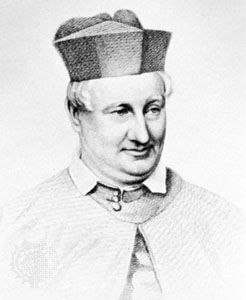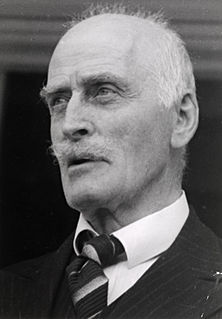A Quote by John Drinkwater
Great men are rare, poets are rarer, but the great man who is a poet, transfiguring his greatness, is the rarest of all events.
Related Quotes
Rare almost as great poets, rarer, perhaps, than veritable saints and martyrs; are consummate men of business. A man, to be excellent in this way, requires a great knowledge of character, with that exquisite tact which feels unerringly the right moment when to act. A discreet rapidity must pervade all the movements of his thought and action. He must be singularly free from vanity, and is generally found to be an enthusiast who has the art to conceal his enthusiasm.
Nearly all men and women are poetical, to some extent, but very few can be called poets. There are great poets, small poets, and men and women who make verses. But all are not poets, nor even good versifiers. Poetasters are plentiful, but real poets are rare. Education can not make a poet, though it may polish and develop one.
I believe that the first test of a great man is his humility. I don't mean by humility, doubt of his power. But really great men have a curious feeling that the greatness is not of them, but through them. And they see something divine in every other man and are endlessly, foolishly, incredibly merciful.
Great men are excellent topics of conversation, but the superior man, the superior men, the masters, the universal spirits on horseback, have to stop and search their memories merely to know who these so-called great men might be. And so the great man is left with the crowd, the worthless majority...for his admirers.
Success is in the student, not in the university; greatness is in the individual, not in the library; power is in the man, not in his crutches. A great man will make opportunities, even out of the commonest and meanest situations. If a man is not superior to his education, is not larger than his crutches or his helps, if he is not greater than the means of his culture, which are but the sign-boards pointing the way to success, he will never reach greatness. Not learning, not culture alone, not helps and opportunities, but personal power and sterling integrity, make a man great.
Man is so great that his greatness appears even in the consciousness of his misery. A tree does not know itself to be miserable. It is true that it is misery indeed to know one's self to be miserable; but then it is greatness also. In this way, all man's miseries go to prove his greatness. They are the miseries of a mighty potentate, of a dethroned monarch.
One of the surest tests of the superiority or inferiority of a poet is the way in which a poet borrows. Immature poets imitate mature poets steal bad poets deface what they take and good poets make it into something better or at least something different. The good poet welds his theft into a whole of feeling which is unique utterly different than that from which it is torn the bad poet throws it into something which has no cohesion. A good poet will usually borrow from authors remote in time or alien in language or diverse in interest.
Why do people speak of great men in terms of nationality? Great Germans, great Englishmen? Goethe always protested against being called a German poet. Great men are simply men and are not to be considered from the point of view of nationality, nor should the environment in which they were brought up be taken into account.





































